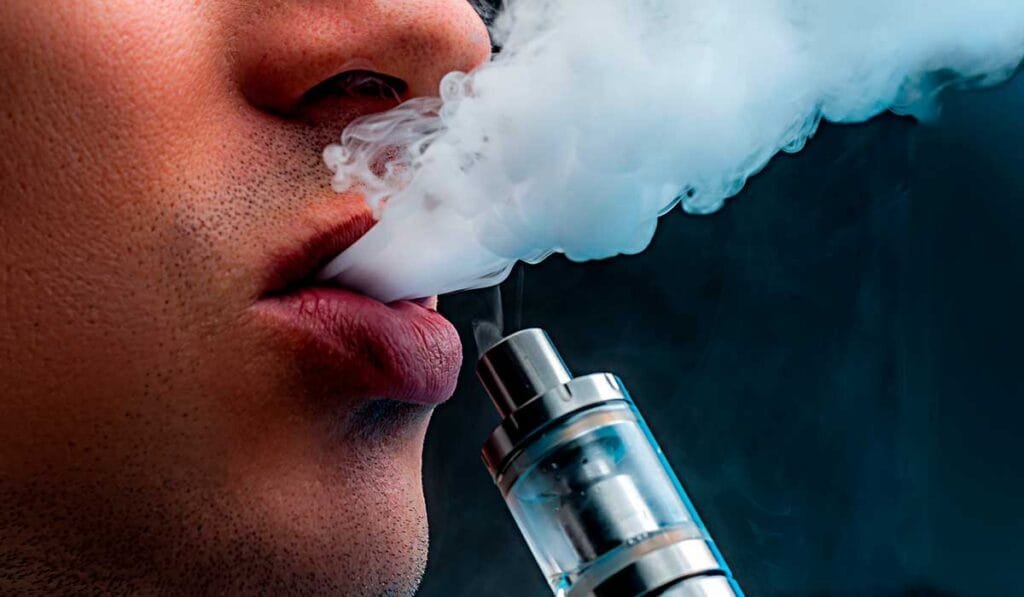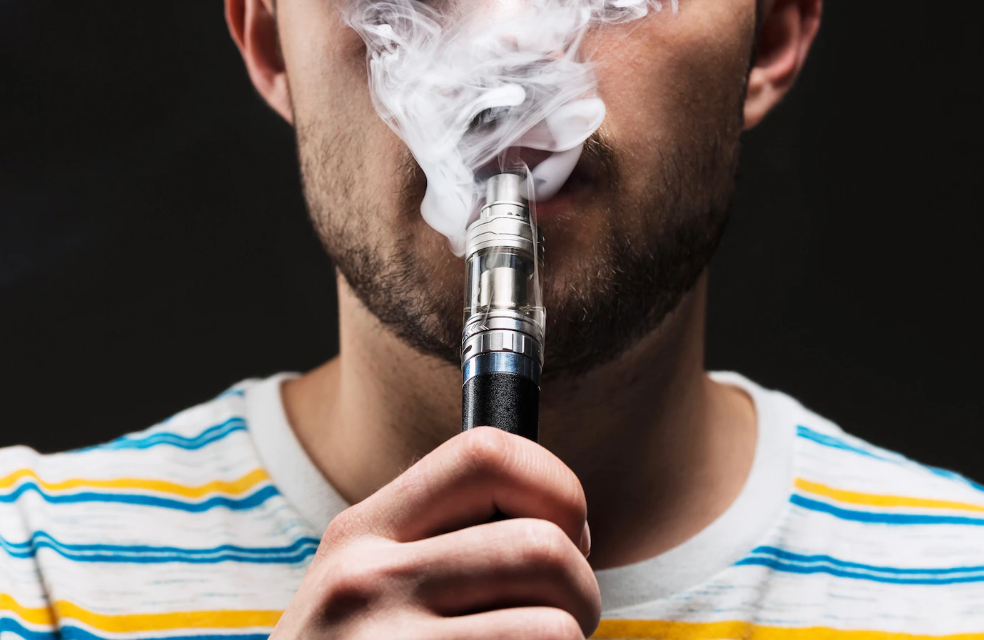What You Need to Know About the New Vaping Regulations in Mexico
Mexico is currently drafting legislation concerning the use and trade of electronic cigarettes, vaporizers, and other similar devices. The question on everyone’s mind is – what will the penalties be?
The evolution of vaping regulations in Mexico has been marked by a series of legislative actions, legal challenges, and public health debates, culminating in the recent constitutional amendment to ban the production and marketing of electronic cigarettes and vaporizers.
Early Regulatory Measures
Mexico’s initial approach to vaping involved restrictive measures aimed at controlling the importation and sale of electronic nicotine delivery systems (ENDS). In 2020, the government implemented a ban on the importation of vaping products, citing health concerns and aligning with World Health Organization guidelines. This prohibition was intended to curb the availability of e-cigarettes and related devices within the country.

Legal Challenges and Amparos
The import ban faced significant legal challenges from Mexican companies like VaporMex and international corporations such as Philip Morris Mexico. In October 2022, the Mexican Supreme Court ruled that certain prohibitions on ENDS were unconstitutional, allowing specific groups to apply for permission to import and sell these products.
This decision enabled companies to obtain amparos—legal protections that permitted them to operate despite existing bans. Consequently, the vaping market continued to grow, with an estimated 2.1 million e-cigarette users in Mexico by 2023, up from 975,000 in 2019.
Presidential Decrees and Continued Restrictions
In April 2022, the Congress of the Union approved a law that prohibits the import and export of electronic cigarettes and heated tobacco products. Under this new law, customs could seize any vaping products brought into the country, and the owner could face a fine of over $3,000 or even detention.
In May 2022, President Andrés Manuel López Obrador signed a decree prohibiting the circulation and marketing of e-cigarettes and vaping devices, reinforcing earlier restrictions. Despite these measures, vaping products remained accessible through informal channels, leading to ongoing public health concerns.
Constitutional Amendment and Legislative Actions
On December 3, 2024, the Chamber of Deputies approved a constitutional reform to ban the production and marketing of vaporizers and electronic cigarettes. This amendment aimed to address health risks associated with these devices and was part of a broader effort to combat synthetic drugs like fentanyl.

The reform received overwhelming support, with 410 votes in favor and 24 against, and is expected to pass in the Senate, where the ruling party holds a strong majority. Despite support from all parliamentary groups, there was debate over whether prohibition was the right approach, given the risk of driving sales into the black market and into the cands of the cartels.
Following the constitutional amendment, the Congress of the Union now has 180 days to align secondary laws with this new legislation. Local legislatures have been granted 365 days to make the necessary regulatory adjustments. The aim is to ensure a comprehensive and coordinated approach to the regulation of electronic smoking devices across the country.
Current Status and Future Outlook
As of December 2024, Mexico has solidified its stance against vaping through constitutional amendments and stringent regulations. While previous legal challenges had allowed certain companies to operate under amparos, the new legislation seeks to eliminate such loopholes, aiming for a comprehensive prohibition on the production, distribution, and sale of electronic cigarettes and vaporizers.
The evolving legal landscape reflects Mexico’s commitment to public health but also highlights the complexities involved in regulating emerging technologies and industries. The effectiveness of these measures will depend on robust enforcement and public compliance, as well as the government’s ability to address potential black market activities that may arise from stricter regulations.

What do the new regulations mean for vapers traveling to Mexico?
Mexico’s recent constitutional amendment banning the production and marketing of electronic cigarettes and vaporizers has significant implications for tourists who vape. Historically, enforcement on vape regulations has been inconsistent. Some travelers entering through airports like Cancún International have reported confiscations of vaping devices and fines. Others have passed through with their vape gear without incident.
The new legislation intensifies these restrictions, aiming to eliminate the availability of vaping products nationwide. Tourists should anticipate heightened enforcement at entry points, with customs officials likely to be more vigilant in detecting and confiscating vaping devices. Penalties for attempting to bring such items into the country may include fines or other legal actions.
At Cancún International Airport, authorities have designated specific smoking areas outside terminal buildings to comply with anti-smoking laws. However, the use of vaping devices within these areas remains subject to the overarching ban, and possession of such devices could lead to complications.
For tourists planning to visit Mexico, it’s advisable to leave vaping devices and related products at home to avoid potential issues with customs and law enforcement. Disappointing news for those who have using vaping to quit smoking and stay tobacco free.
Discover more from Riviera Maya News & Events
Subscribe to get the latest posts sent to your email.

